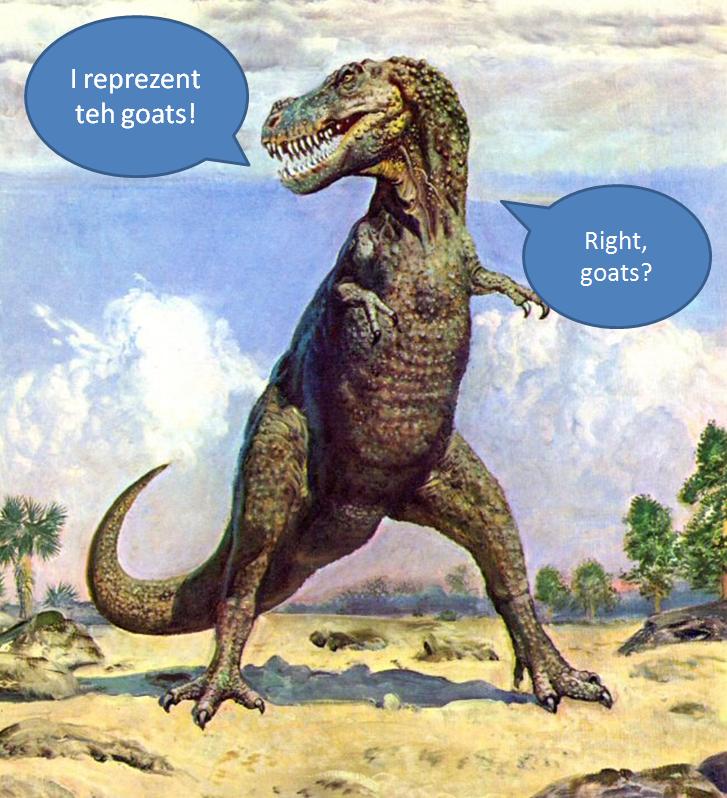Section 9. Qualifications of Party-List Nominees. – No person shall be nominated as a party-list representative unless he is a natural-born citizen, a registered voter, a resident of the Philippines for a period of not less than one (1) year immediately preceding the day of the election, able to read and write, a bona fide member of the party or organization which he seeks to represent for at least ninety (90) days preceding the day of the election and is at least twenty-five (25) years of age on the day of the election. – Republic Act 7941, The Party-List System Act
So sayeth the law, eh? And that’s what was used as the basis for the COMELEC’s pronouncement (19 July 2010) that Mikey Arroyo can represent Ang Galing Pinoy in Congress.
According to the decision:
The wordings of the foregoing provision of the Party-List System Act … are so clear that we need not resort to interpretation or expansion of what they mean. The words “marginalized and underrepresented” expressly refer to “sectors, organizations, and parties who lack well-defined constituencies xxx” not to the Filipino citizen who, in order to qualify as a party-list nominee, need only to be a “bona fide member of the party or organization he seeks to represent for at least ninety (90) days preceding the day of election xxx.” In other words, it is the party-list organization that should be marginalized in that is members are marginalized and underrepresented. The nominee himself need not be marginalized so long as he is a bona fide member of the party-list organization whose members are marginalized and underrepresented.
(I swear, the boldface and underscoring were in the original document. It was so emphatic that one could imagine the eureka! moment the writer must have experienced when he stumbled onto this insight. LOL.)
In fact, in SPA Cases No. 10-002 and 10-011 (7 July 2010), this is the same argument used by the COMELEC 2nd Division to justify its ruling that Angelo Reyes was qualified to be a nominee of the party-list organization 1Utak.
However, as pointed out by Commissioner Sarmiento in his dissent, this posture deviates from what had been the standard up to this point: the Supreme Court decisions in Ang Bagong Bayani; that the nominees must also belong to the marginalized and underrepresented sectors which the party-list organizations seek to represent.
To say that this decision was surprising is an understatement. After all, it presents a theory that is quite novel. Up until a few hours ago, practically no one seriously challenged the notion that a nominee should be a part of the marginalized and underrepresented sector he sought to represent. I mean, we could fine tune that idea to within an inch of its life but no one ever actually said it was completely wrong. The worst that was said of that notion was that it was overly broad.
This decision, however, explicitly says otherwise. In effect, what happens now is that Mong Palatino can keep on representing the youth as nominee of the Kabataan Party-List even if he’s 70; that Henry Sy could be a nominee of a party-list organization representing the rural poor; or even that a T-rex could represent a party-list organization of goats.

Provided of course that goats had a party-list organization and they were dumb enough to make a T-rex their nominee.

